|
|
|
|
It took no less than a decade to complete. Indeed, the privatisation of Nigeria’s previously state-owned power utility was in many ways a bold initiative. But the exercise has left a host of post-privatisation headaches. Years after the breakup of the power authority into eleven distribution companies and seven generating companies as well as a separate transmission company, reliable power supply still eludes Nigerian citizens and industries alike. Okechukwu Marcellus Ikeanyibe unpacks why this is so and points to some solutions.
Resistance against large-scale resource extraction and energy projects often hogs the spotlight. Much less attention is given to how corporations and governments try to pre-empt and manage this opposition. Judith Verweijen and Alexander Dunlap explain how industries depend on shaping the perceptions and behaviour of governments, shareholders, consumers and people living in the areas where large-scale resource extraction occurs. They highlight why it’s important to study strategies that allow extractive projects to continue despite opposition and damage to the planet.
To receive our COVID-19 updates on WhatsApp, subscribe to the service here.
|
Adejuwon Soyinka
Regional Editor West Africa
|

|
|
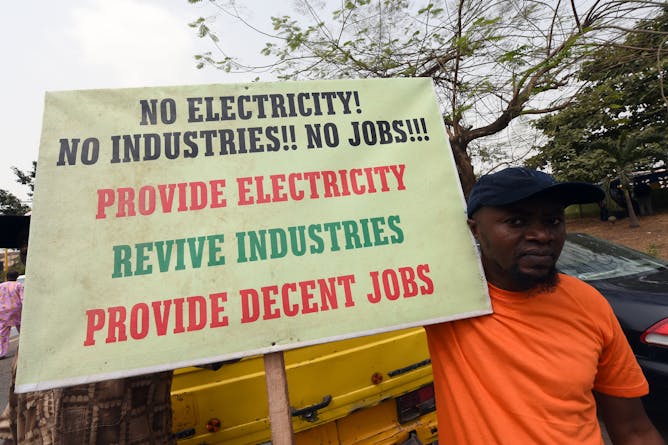
Several protests have trailed the privatisation of the power sector in Nigeria.
Pius Utomi Ekpei/AFP via Getty Images
Okechukwu Marcellus Ikeanyibe, University of Nigeria
Nigeria's attempt at privatising its power infrastructure hasn't been without challenges but they are not insurmountable.
|
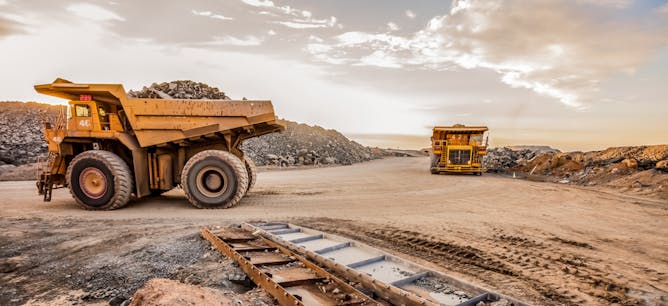
shutterstock
Judith Verweijen, University of Sheffield; Alexander Dunlap, University of Oslo
Mining is not just a physical engineering process. It requires social engineering as well.
|
Business + Economy
|
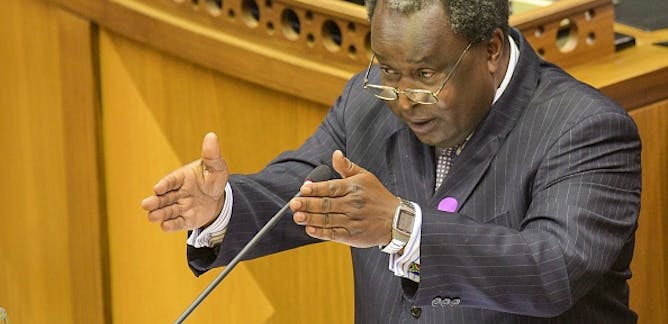
Matthew Kofi Ocran, University of the Western Cape
Medium-term expenditure frameworks can be useful only when they are based on comprehensive medium-term development plans.
| |
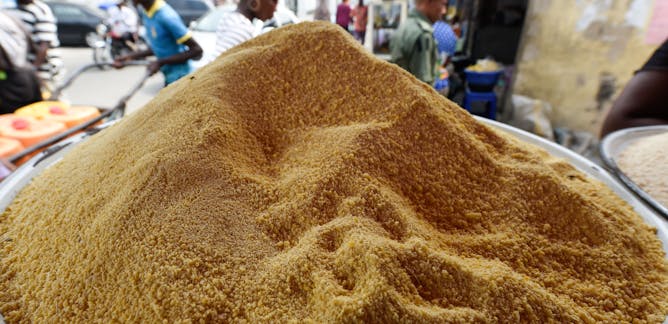
Samuel Samiai Andrews, University of Gondar
Africa needs to take advantage of a copyright law to protect and explore its unique local products.
|
|
|
Education
|
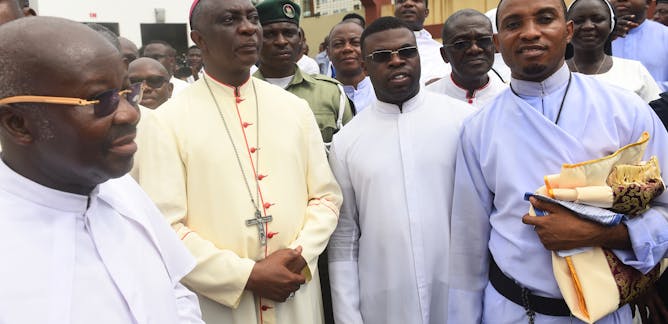
George Nche, University of Johannesburg
Nigeria's religious leaders can shape the environmental worldviews and behaviour of their congregations
| |
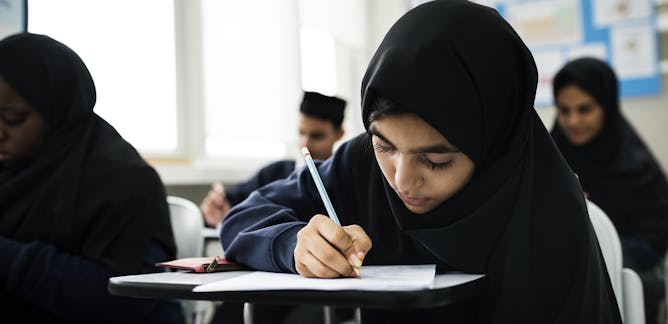
Nuraan Davids, Stellenbosch University
Pupils who aren't exposed to different perspectives won't be equipped to participate in and contribute to a democratic society.
|
|
|
From our international editions
|

Dominic Dwyer, University of Sydney
Much has been said of the politics surrounding the mission to investigate the viral origins of COVID-19. So it's easy to forget that behind these investigations are real people.
| |
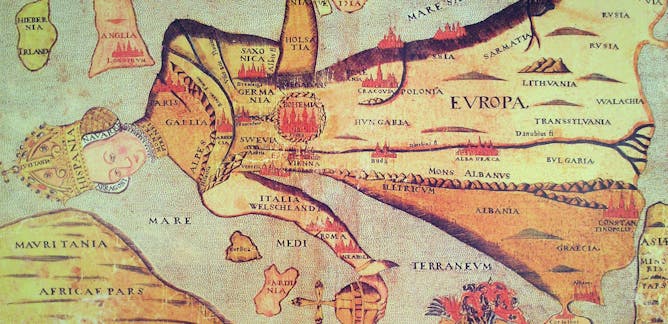
Michael McEachrane, Lund University
Plans are being adopted and resolutions made, but moving forward means facing difficult truths about the past.
|
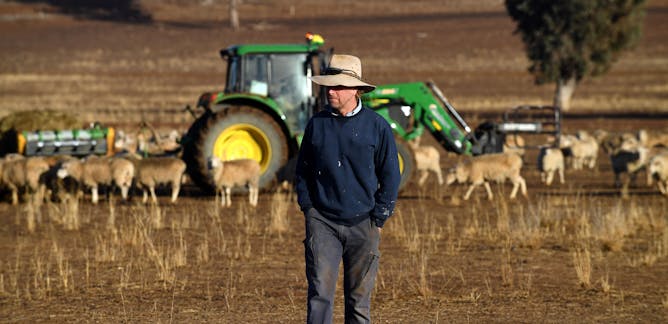
Morgan Bazilian, Colorado School of Mines; Deb Niemeier, University of Maryland; Edward R. Carr, Clark University; Kristie Ebi, University of Washington; Walt Meier, NASA
The US is formally back in the Paris climate agreement as of today. As one of the world's largest greenhouse gas emitters, it has a lot of work to do, with food security, health and safety at stake.
| |

Alasdair Mackenzie, University of Aberdeen; Andreas Kolb, University of Aberdeen
The achievement didn't live up to the hype, but it has illuminated new areas of 'genetic dark matter'.
|
|
|
En Français
|

Mosoka Fallah, University of Liberia
Ebola a déclenché une nouvelle épidémie en Guinée. Face à cette flambée, les pays d’Afrique de l'Ouest sont mieux préparés qu’ils ne l’étaient sept ans en arrière.
| |

Fan Yang, Deakin University; Robbie Fordyce, Monash University
En Chine, la plate-forme WeChat est un véritable canal de distribution d’informations. L’avenir de Facebook lui ressemblera-t-il ?
|
|
|
| |
Featured events
|
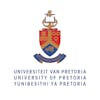
|
Centre for Human Rights, Faculty of Law, University of Pretoria, Pretoria, Gauteng, 0002, South Africa — University of Pretoria
|

|
Future Africa, Hillcrest Campus, South Street, Pretoria, Gauteng, 0084, South Africa — University of Pretoria
|
|
|
|
| |
| |
| |
Would you like to republish any of these articles?
|
|
It’s free to republish, here are the guidelines.
Contact us on africa-republish@theconversation.com in case you need assistance.
|
| |
| |
| |
| |
|
|
|
|
|
|
|